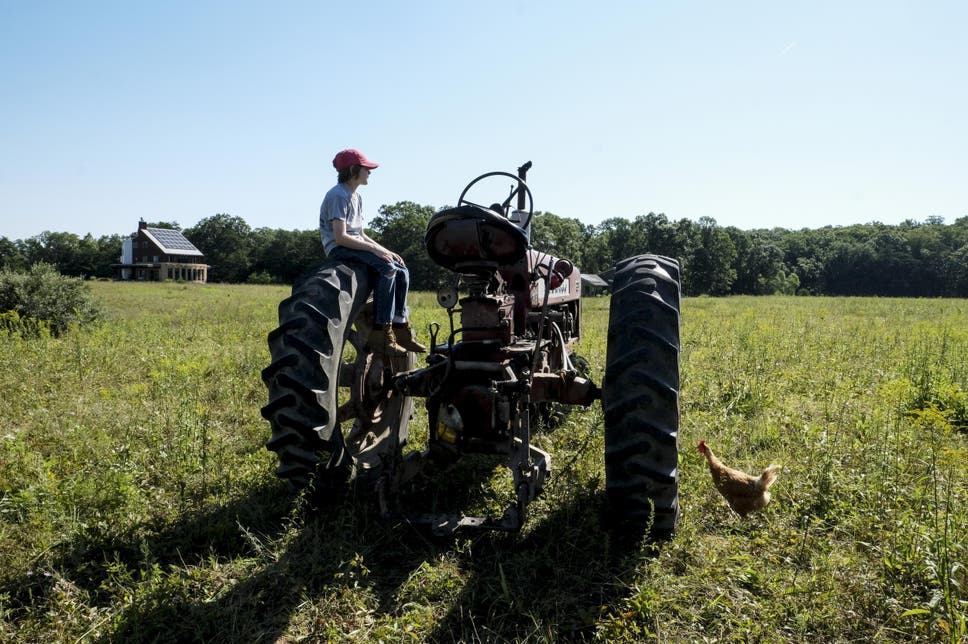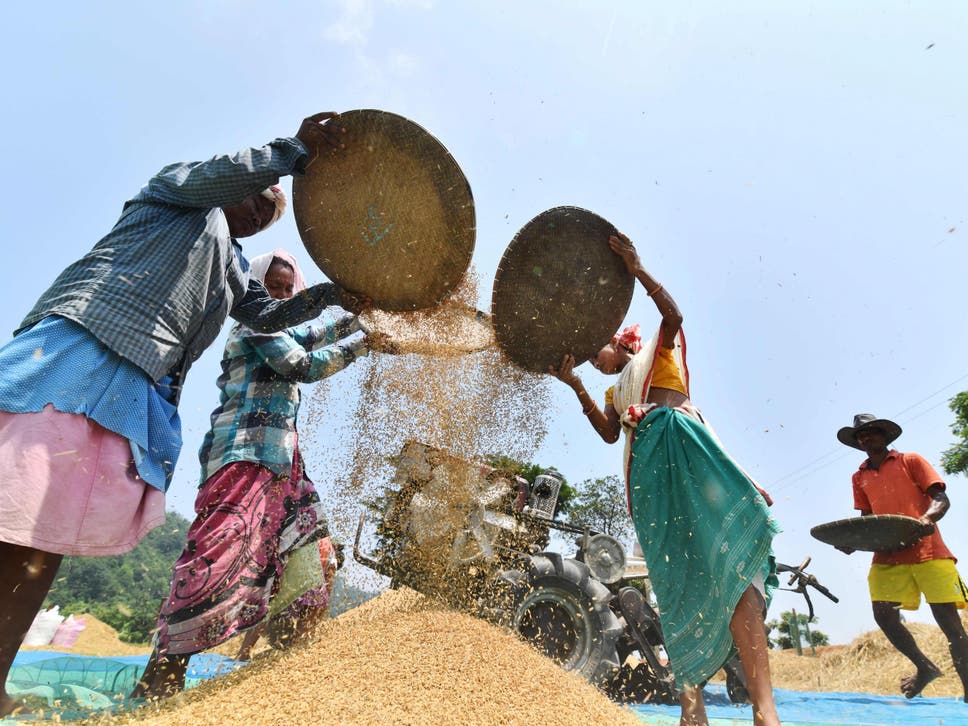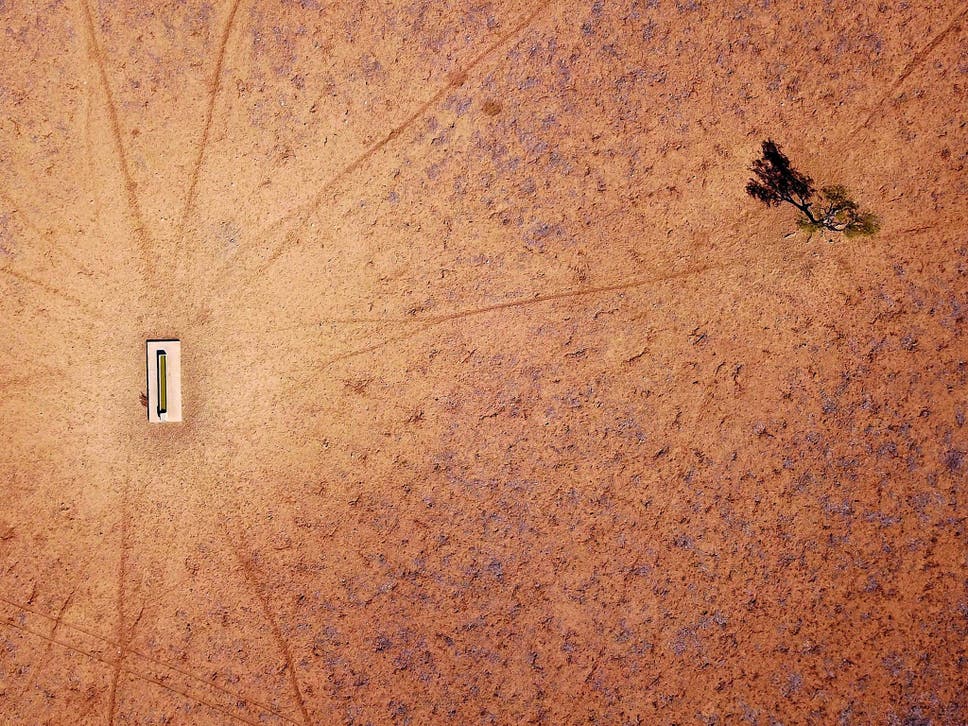 |
| Global hunger |
* 821 million people now hungry and over 150
million children stunted, putting hunger eradication goal at risk.
New evidence continues to signal that the number
of hungry people in the world is growing, reaching 821 million in 2017 or one
in every nine people, according to The State of Food Security and Nutrition in
the World 2018 released today.













